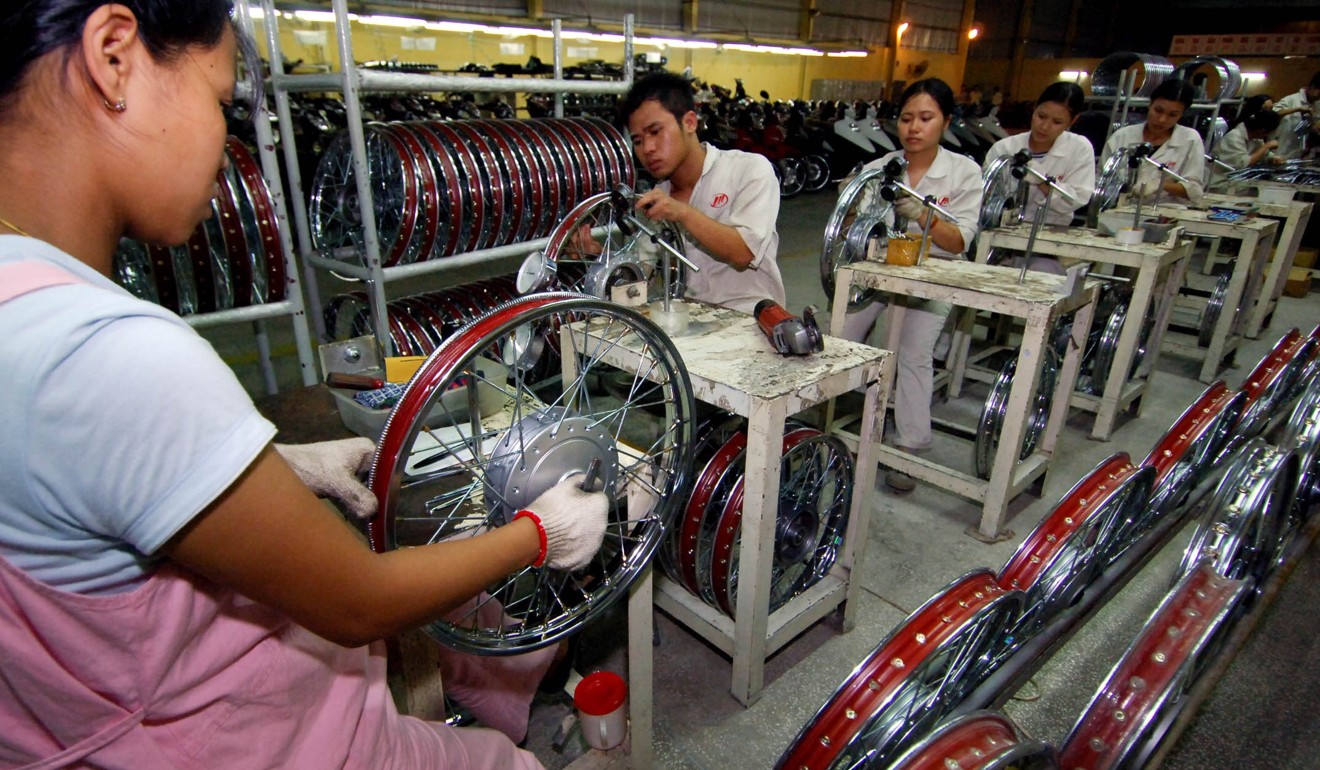
Trade war is not all gloom and doom for China’s property market as logistics firm boost warehouse leasing
- Domestic e-commerce and third-party logistics firms have accounted for nearly 80 per cent of warehouse leasing activity in the first half of 2017
The US-China trade relationship has clearly entered unchartered territory. The introduction of new and retaliatory tariffs indicates that no resolution is in sight. But where commercial real estate is concerned, it is not all doom and gloom, with several factors potentially alleviating any collateral damage arising from the conflict.
Firstly, China’s economy. The economic landscape in China has remained healthy this year on most metrics, despite the slowest quarterly gross domestic product rate in nearly a decade that was just registered. Secondly, a relatively robust domestic demand story and ongoing infrastructure projects will cushion the short term blows from a prolonged trade conflict.
But there are certain segments of the real estate market that remain more vulnerable. For example, companies operating on a low-cost, labour-intensive business model are most susceptible to the effects of a prolonged trade conflict.

To buffer the exodus of firms, China has eased restrictions on foreign direct investment. This policy shift has succeeded in attracting the likes of Tesla, which announced plans to construct a Gigafactory in Shanghai, and BASF, which will develop the first wholly foreign-owned chemicals complex in China.
Moreover, as China further develops into a key hub for value-added manufacturing, we anticipate that many Asia-based electronics companies will choose to continue production on the mainland to serve markets not engaged in the trade conflict.
Another batch of companies we perceive as being relatively insulated from the US tariffs are logistics companies, whose growth is now largely fuelled by domestic consumption. Almost 80 per cent of the warehouse leasing activity in China in the first half of this year was accounted for by domestic e-commerce and third-party logistics firms.
Another batch of companies we perceive as being relatively insulated from the US tariffs are logistics companies, whose growth is now largely fuelled by domestic consumption
While it remains too early to gauge what the impact on office leasing will be – we can infer that around 20 per cent of China’s A grade occupants may be affected. This segment of the market is occupied by US and Chinese companies operating in sectors subject to tariffs. However, as with the industrial sector, authorities have sought to offset the negative impact of tariffs through liberalisation of the insurance industry.
In the capital markets, current restrictions on outbound investment, rather than US tariffs, are the key deterrent for Chinese buyers acquiring overseas assets. Domestically, there is strong liquidity and local investors are displaying a healthy appetite for new acquisitions, particularly in tier two and three cities. Nevertheless, the deleveraging of China’s financial industry remains a concern, although the authorities have repeatedly stressed that any monetary easing will not be targeted at the property sector.
All in all, the impact of the US-China trade war will be fairly benign on the real estate market, with the onshore manufacturing and industrial sectors to be hit more immediately. Ongoing tit-for-tat tariffs will not cause colossal damage. The market will need to mature obviously, the longer the conflict drags on. But strong economic fundamentals, a dynamic e-commerce and logistics sector and healthy domestic demand should provide a cushion for China’s commercial real estate market. For the time being at least.
Henry Chin is head of research for CBRE Asia-Pacific

